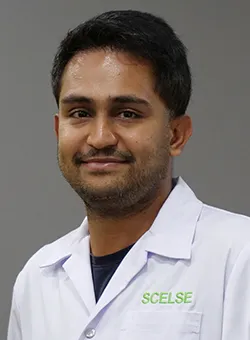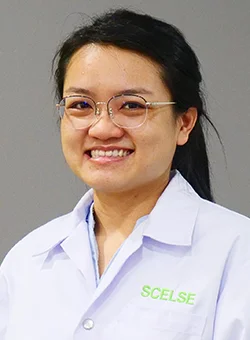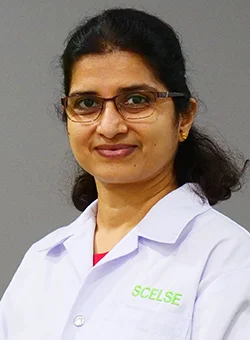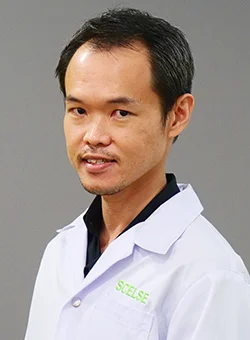People
- team
- team

Prof Staffan Kjelleberg
Advisor, SCELSE
Director, Singapore National Biofilm Consortium
Emeritus Distinguished University Professor, NTU
Email: laskjelleberg@ntu.edu.sg
Kjelleberg is internationally renowned for his research into microbial biofilm and microbiomes for environmental, engineering, and public health applications, for addressing natural and urban ecosystem stability and sustainability. His research programmes focus on the role of ecologically relevant complex microbial communities that form the default biofilm mode of life and are integral across all ecosystems. Kjelleberg takes an interdisciplinary approach that focuses on overall community structure, function and performance of microbial biofilms. This includes unravelling mechanisms of their communication, micro‐ecological interactions, matrix-based biofilm emergent properties, and association with higher organisms. Commonalities in biofilm biology underpin a broad‐based translational research approach involving a targeted strategy for developing biofilm-based enhancing or disruptive technologies. Moreover, this approach delivers efficient means for harnessing and controlling the complex functions performed by microbial biofilm communities and microbiomes that are needed to sustainably address global challenges. This approach includes developing AI-assisted microscopy-based microbial identification, using sequencing and chemical information linked to individual species.
Kjelleberg has established two world-leading biofilm research centres – the Centre for Marine BioInnovation (now Centre for Marine Science and Innovation; University of New South Wales, Australia; est. 1994) and the Singapore Centre for Environmental Life Sciences Engineering (SCELSE; Nanyang Technological University Singapore/National University of Singapore; est. 2011) – centred around the concept of multidisciplinary research. These have not only created substantial intellectual and technological capacities, but also pioneered ground-breaking research that has led to widespread industry interactions and strong patent portfolios. His research conducted at both centres has strongly focused on marine microbial ecology and holobiont biology, most recently in the context of Singapore’s highly urbanised, but diverse coastal marine ecosystems. Further, Kjelleberg co-founded and co-led Singapore’s national marine science platform (as deputy director, Marine Science R&D Programme (2015-2022); and is the technical director, Marine Climate Change Science programme (est. 2022)), also ensuring environmental microbiology is well integrated across Singapore’s marine science R&D.
At SCELSE, Prof. Kjelleberg’s team’s strong industry interactions worldwide are exemplified by the centre’s formal engagements with companies, most recently through the formation of the Singapore National Biofilm Consortium (SNBC; in 2019), and with the UK research partner the National Biofilm Innovation Centre and its extensive network of industry partners. These have translated into numerous industrial partnerships, reflecting the importance of biofilm and microbiome R&D across multiple industries in Singapore and beyond.
Research interests
To comprehensively understand microbial biofilm behaviour in natural settings, Kjelleberg and his team have adopted an approach for unravelling the mechanisms behind biofilm biology and host-microbiome interactions, including extra- and intra-cellular signalling communication and regulation, and biofilm differentiation and development. Notably, his research has progressed the field from predominantly population-based biofilm investigations to those based on communities (mixed species). To interpret these relationships, Kjelleberg is a strong proponent of incorporating eukaryote ecological theory into biofilm research to provide novel perspectives on microbial community behaviour. Moreover, many biofilm emergent properties are attributed to the biofilm matrix, which now represents a major research emphasis. Kjelleberg and his team’s research has provided significant contributions to understanding the full complexity of biofilm structure and function.



